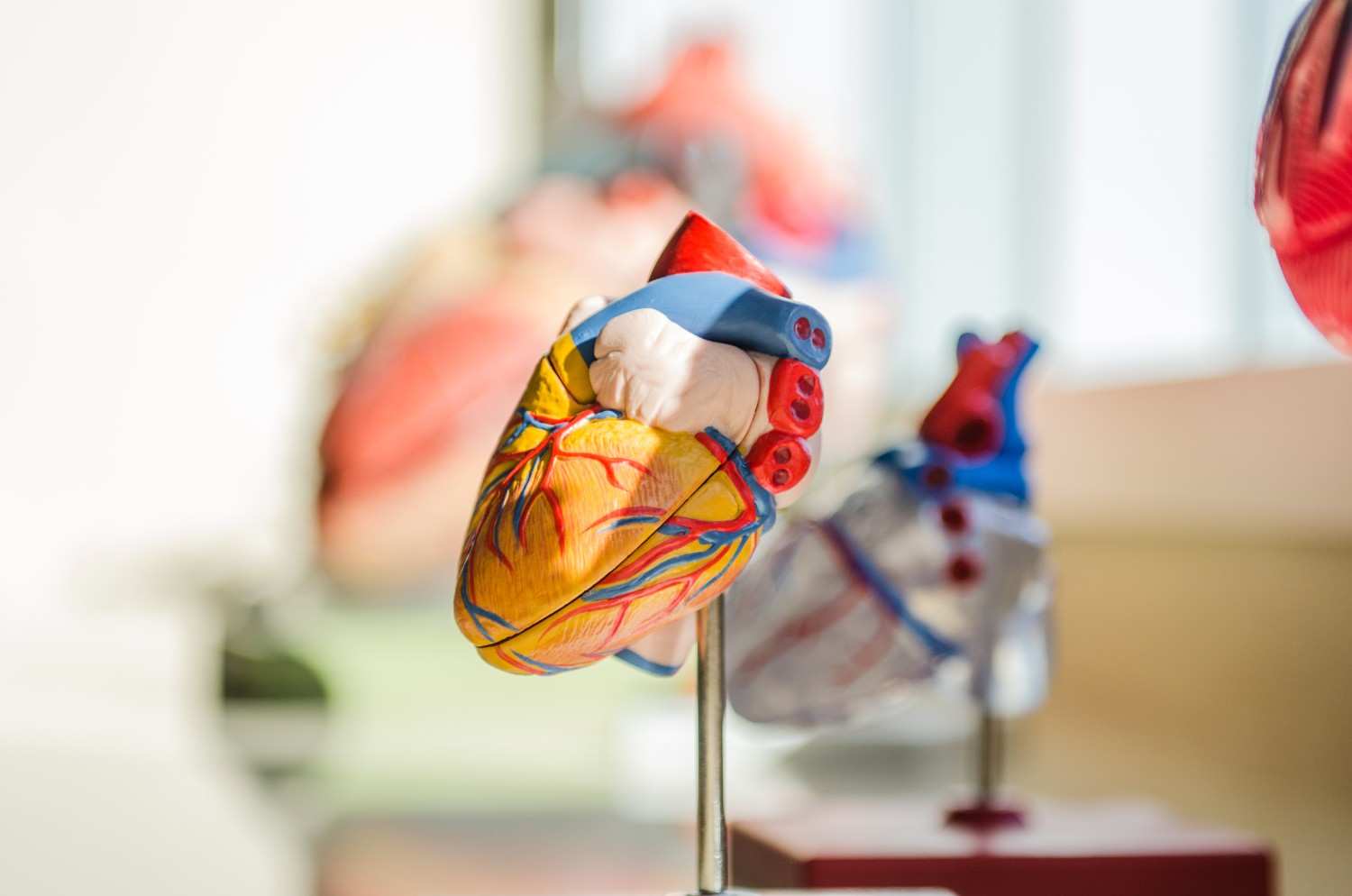Preventive Healthcare
Blood Pressure and Heart Health: Diseases & The Connection You Should Know
2223 Views
0

As we go about our busy lives, we often forget the importance of monitoring our blood pressure (BP) levels. After all, high or low BP doesn't always come with obvious symptoms. However, your heart health is connected to your blood pressure levels. In this blog post, we’ll explore the connection between BP and heart health while providing some practical tips on managing both for a healthy heart!
What Does High and Low Blood Pressure Mean For Your Heart Health?
High and low blood pressure are two conditions that can greatly affect your heart health. Blood pressure is the force of blood pushing against the walls of your arteries as your heart pumps blood throughout your body.
High blood pressure, also known as hypertension, occurs when this force is consistently too high. This puts an extra strain on your heart and arteries, increasing the risk of developing serious health problems such as heart disease or stroke.
On the other hand, low blood pressure or hypotension happens when there isn't enough force in the arteries to circulate oxygen-rich blood properly throughout the body. This can lead to dizziness or fainting spells and may indicate an underlying medical condition.
Both high and low blood pressure should be monitored closely by a healthcare professional to prevent any long-term damage to the heart and overall health. It's important to understand these conditions so that you can take proactive steps towards maintaining a healthy lifestyle for better heart health.
How Are Blood Pressure and Heart Health Connected?
BP is an essential indicator of heart health because high blood pressure can lead to an increased risk of developing cardiovascular diseases like coronary artery disease, stroke, and heart failure.
The relationship between high blood pressure and heart health is straightforward. When your blood pressure remains consistently elevated over time, it causes damage to the delicate lining inside your arteries, making them less elastic and more likely to narrow or rupture. This condition called arteriosclerosis or hardening of the arteries - puts extra strain on the heart by forcing it to work harder to pump enough oxygenated blood throughout the body.
High blood pressure also increases inflammation within these vessels, which further compromises their function and puts additional stress on your cardiovascular system. Over time this can cause changes in both structure and function that increase your likelihood of experiencing cardiac issues later in life.
Low blood pressure affects heart health too. Hypotension, or low blood pressure, can be a signal that something is wrong with your cardiovascular system. It’s important to monitor your blood pressure regularly so you can detect any changes before they become serious health issues.
.
Heart Diseases Caused Due to High Blood Pressure
- One of the most common heart diseases caused by high blood pressure is coronary artery disease. This occurs when the arteries that supply oxygen-rich blood to the heart become narrow or blocked due to a build-up of plaque. As a result, the heart muscle may not receive enough oxygen and nutrients, which can lead to chest pain or even a heart attack.
- Another type of heart disease caused by high blood pressure is left ventricular hypertrophy (LVH). This condition occurs when the left ventricle of your heart becomes thickened and enlarged due to excessive workload from pumping against high blood pressure in your body's vessels.
- High blood pressure can also increase your risk of developing an abdominal aortic aneurysm (AAA). An AAA is a bulge in the wall of your aorta –the largest artery in your body– that supplies oxygen-rich blood from your heart to all parts of your body.
Heart Diseases Caused Due to Low Blood Pressure
1. Hypotension: Low blood pressure, known as hypotension, can cause symptoms such as dizziness, lightheadedness, blurred vision, nausea and fatigue. In some cases, it can be a sign of an underlying medical condition such as diabetes or dehydration.
2. Cardiogenic Shock: Reduced blood flow to the heart caused by low blood pressure can lead to cardiogenic shock, a life-threatening condition that requires immediate medical attention. Symptoms of cardiogenic shock include chest pain, shortness of breath and a rapid heartbeat.
3. Arrhythmia: Low blood pressure can also cause Arrhythmias (irregular heartbeats), which can increase the risk of stroke and other cardiovascular problems.
4. Organ Failure: Low blood pressure can reduce the amount of oxygen being delivered to organs such as the kidneys and brain, leading to organ damage or even organ failure in extreme cases.
Tips for Managing Blood Pressure and Heart Health
1. Maintain a Healthy Diet: Eating a balanced, low-sodium diet rich in fruits, vegetables, whole grains and lean proteins can help manage blood pressure levels.
2. Exercise Regularly: Engage in moderate exercise such as brisk walking or cycling at least 30 minutes per day to help maintain heart health.
3. Manage Stress: Chronic stress can contribute to high blood pressure and heart disease. Techniques such as deep breathing exercises, meditation or yoga can help reduce stress levels.
4. Quit Smoking: Smoking is a significant risk factor for heart disease and high blood pressure. Quitting smoking can greatly improve overall cardiovascular health.
5. Limit Alcohol Consumption: Drinking excessively can increase blood pressure levels over time, so it's important to limit alcohol intake to no more than one drink per day for women and two drinks per day for men.
6. Get Enough Sleep: Lack of sleep has been linked with an increased risk of hypertension and other cardiovascular diseases, so try to get at least seven hours of quality sleep every night.
Implementing these tips into your daily routine may take some effort, but they are essential steps towards maintaining good heart health.
Conclusion
It's essential to understand the connection between blood pressure and heart health. High or low blood pressure can significantly affect your heart health and increase the risk of developing various cardiovascular diseases. Therefore, you should adopt a healthy lifestyle by eating a balanced diet, exercising regularly, managing stress levels, and avoiding smoking. You should also stay on top of your health by monitoring blood pressure regularly, which is crucial in maintaining a healthy heart. You can rely on Metropolis Healthcare Labs for hypertension blood tests at the best rates. You can also book a home visit from Metropolis Healthcare Labs with a few clicks. Contact us to learn more about anything we can do for you.























 WhatsApp
WhatsApp